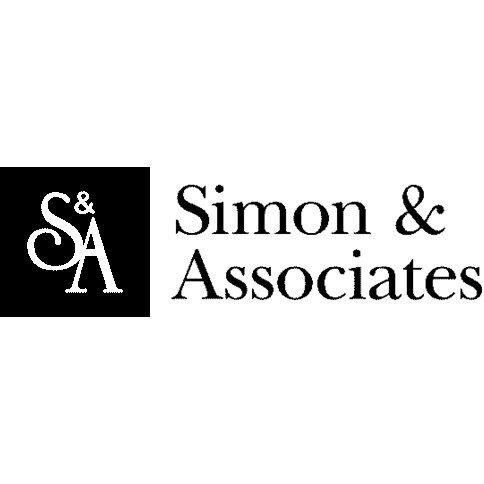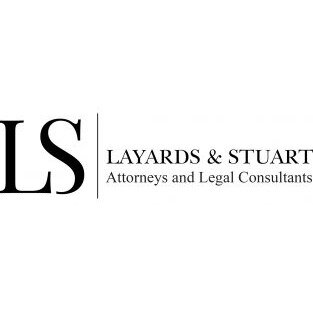Best Appeal Lawyers in Colombo
Share your needs with us, get contacted by law firms.
Free. Takes 2 min.
List of the best lawyers in Colombo, Sri Lanka
About Appeal Law in Colombo, Sri Lanka
Appeal law in Colombo, Sri Lanka refers to the legal process through which a party who is dissatisfied with a decision made by a lower court can request a higher court to review the decision. The purpose of an appeal is to seek a different outcome or to correct any errors that may have occurred during the initial proceedings. It is important to understand the appeal process and the relevant laws when seeking legal advice in the field of appeal in Colombo, Sri Lanka.
Why You May Need a Lawyer
There are several situations in which you may require the assistance of a lawyer specializing in appeal law in Colombo, Sri Lanka. Some common scenarios include:
- If you believe that a lower court made an incorrect decision in your case and you want to challenge that decision.
- If you believe that your legal rights were violated during the initial proceedings and you want to appeal the decision based on the violation of your rights.
- If you need guidance and representation throughout the appeal process, as it can be complex and requires extensive legal knowledge.
Local Laws Overview
When dealing with appeal law in Colombo, Sri Lanka, it is important to be aware of some key aspects of the local laws that are particularly relevant. The appeal process is governed by the Code of Civil Procedure and the Code of Criminal Procedure, depending on the nature of the case. The relevant court for appeal will depend on the type of case and the level of court that made the initial decision.
Frequently Asked Questions
1. Can I file an appeal for any decision made by a lower court?
No, not all decisions made by lower courts can be appealed. Generally, only final judgments or orders can be appealed. It is important to consult with a lawyer to determine if your specific case is eligible for appeal.
2. What is the time limit for filing an appeal?
The time limit for filing an appeal varies depending on the nature of the case and the court involved. Generally, you must file the appeal within a specified period, usually 30 days from the date of the decision. However, there are exceptions, so it is crucial to seek legal advice promptly to ensure you do not miss any deadlines.
3. What happens during the appeal process?
During the appeal process, the higher court reviews the lower court's decision based on the records of the case. The parties may present written submissions or oral arguments to support their positions. The higher court will then make a decision, either upholding the lower court's decision or providing a different outcome.
4. Can new evidence be presented during an appeal?
In general, the appeal process is based on the records of the case from the lower court. However, there are some circumstances where new evidence may be admitted, such as if that evidence was not available during the initial proceedings or if it is crucial to the case. Your lawyer can guide you on the specific rules regarding new evidence in Colombo, Sri Lanka.
5. What are the possible outcomes of an appeal?
During an appeal, the higher court may affirm the lower court's decision, reverse the decision, modify the decision, or remand the case back to the lower court for further proceedings. The outcome will depend on the specific facts of your case and the arguments presented during the appeal.
Additional Resources
If you are seeking legal advice or further information on appeal law in Colombo, Sri Lanka, consider reaching out to the following resources:
- Colombo Bar Association
- Ministry of Justice - Sri Lanka
- Judicial Service Commission of Sri Lanka
Next Steps
If you require legal assistance in appeal law in Colombo, Sri Lanka, it is important to take the following steps:
- Contact a lawyer specializing in appeal law to discuss your case and understand your options.
- Gather all relevant documentation and records related to the case.
- Provide your lawyer with all necessary information and cooperate throughout the appeal process.
- Adhere to any timelines or deadlines provided by your lawyer or the court.
- Attend all necessary court hearings or proceedings as instructed by your lawyer.
Lawzana helps you find the best lawyers and law firms in Colombo through a curated and pre-screened list of qualified legal professionals. Our platform offers rankings and detailed profiles of attorneys and law firms, allowing you to compare based on practice areas, including Appeal, experience, and client feedback.
Each profile includes a description of the firm's areas of practice, client reviews, team members and partners, year of establishment, spoken languages, office locations, contact information, social media presence, and any published articles or resources. Most firms on our platform speak English and are experienced in both local and international legal matters.
Get a quote from top-rated law firms in Colombo, Sri Lanka — quickly, securely, and without unnecessary hassle.
Disclaimer:
The information provided on this page is for general informational purposes only and does not constitute legal advice. While we strive to ensure the accuracy and relevance of the content, legal information may change over time, and interpretations of the law can vary. You should always consult with a qualified legal professional for advice specific to your situation.
We disclaim all liability for actions taken or not taken based on the content of this page. If you believe any information is incorrect or outdated, please contact us, and we will review and update it where appropriate.

















